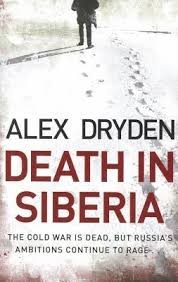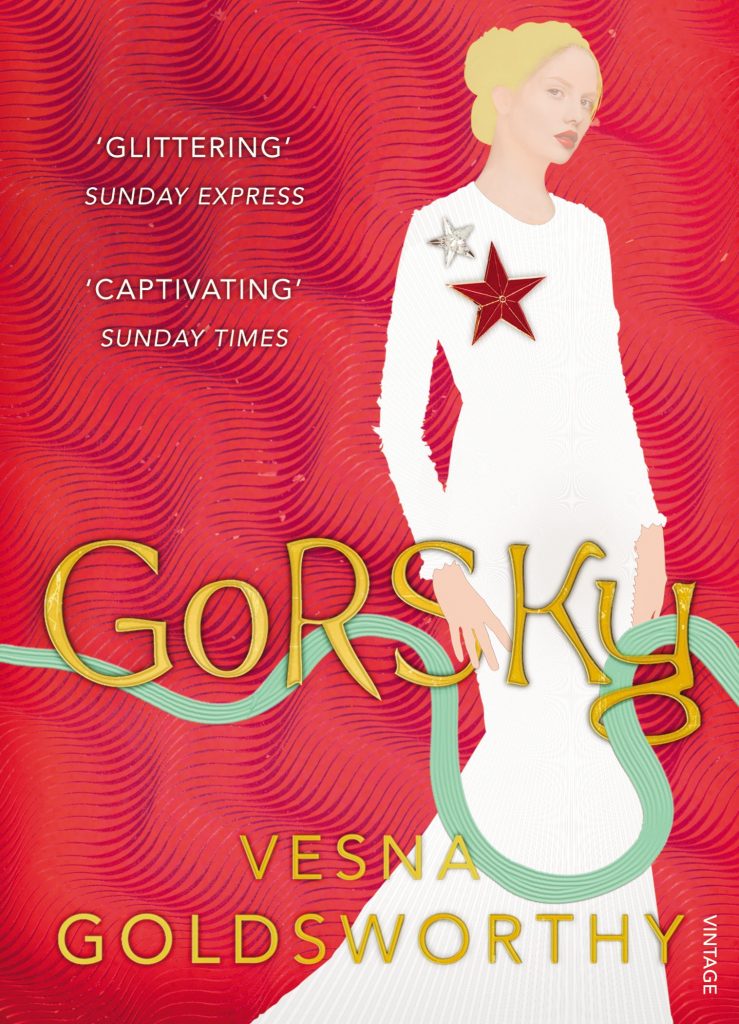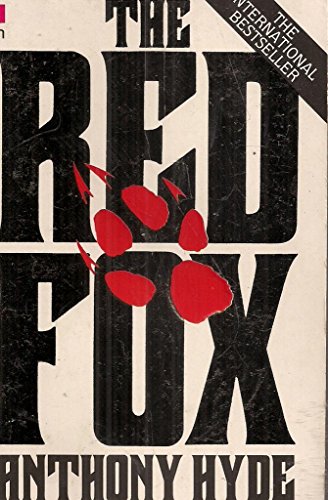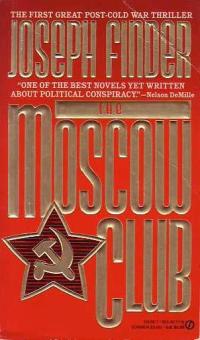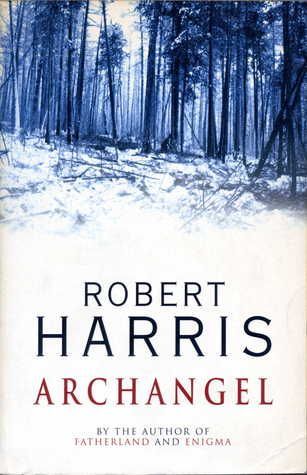
It is a happy coincidence that the Russia in Fiction blog is being written at a bumper time for Russia-in-fiction trilogies. We are in the middle of those by Sarah Armstrong and Ben Creed. The final one of Henry Porter’s Paul Samson series was published in April of this year, followed the next month by the last in Tom Bradby’s Kate Henderson series (the first is reviewed here, the third is mentioned here). And we are certainly at the end of the Dominika Egorova trilogy by Jason Matthews, as he sadly passed away a few months ago (again, the first is reviewed here).
And now his namesake Owen Matthews brings us the second in his Alexander Vasin series.
Red Traitor differs from the first novel in the series, Black Sun (2019). Black Sun was very much a detective story, and notable for its plot being contained geographically and culturally in the distinctive and little-known world of the Soviet closed city.
Red Traitor ranges more widely. In genre terms Red Traitor moves onto the ground of the international relations thriller, with sonar-pinging echoes of Tom Clancy’s early work.
Continue reading